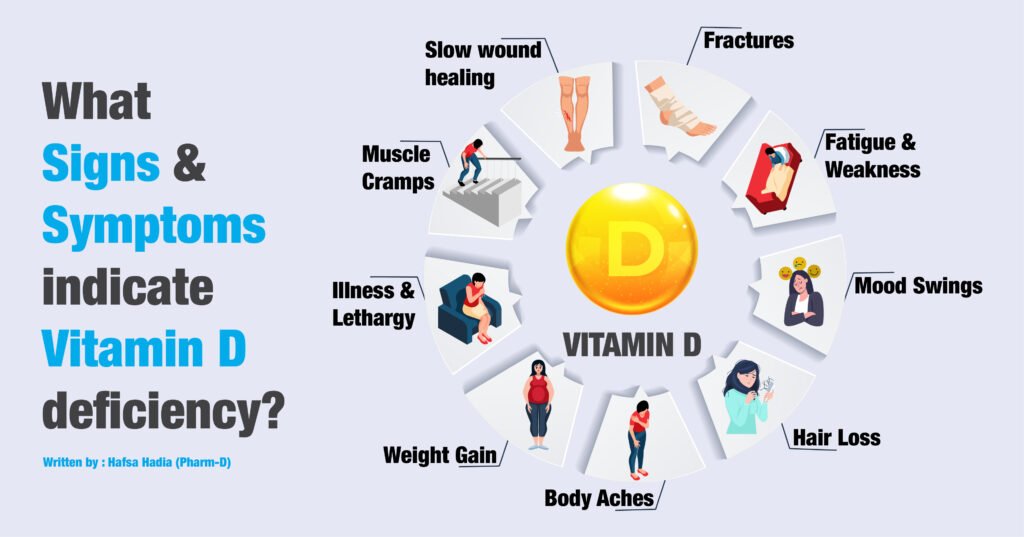Health officials have identified six critical symptoms of human metapneumovirus (hMPV), a relatively lesser-known virus, as cases rise across the UK. The UK Health Security Agency (UKHSA) has recorded an increase in hMPV cases, while China has implemented emergency measures to address a surge in infections.
The virus primarily affects children, with social media posts showing overcrowded hospitals filled with young patients displaying Covid-like symptoms. Human metapneumovirus, commonly linked to the common cold, typically causes mild illnesses but can lead to severe health issues in some cases.
According to the World Health Organization (WHO), hMPV spreads similarly to other cold viruses, primarily through respiratory droplets from an infected person. “This means individuals can contract the virus when they are near someone sick or in close, enclosed spaces,” explains WHO.
High-Risk Groups
The virus is particularly dangerous for:
- Young children under five years old
- Elderly individuals
- People with specific health conditions, such as immunosuppression, chronic obstructive pulmonary disease (COPD), or asthma
These groups are at a higher risk of developing severe illness from hMPV.
The UKHSA has reported a rise in cases, noting that hMPV positivity has increased to 4.9%, with the highest rate (7.3%) observed in those aged 80 and above. Approximately 7,826 specimens have been tested for the virus.
Symptoms of hMPV
Most people infected with hMPV exhibit cold or flu-like symptoms, including:
- Fever
- Cough
- Runny nose
- Nasal congestion
However, the virus can escalate into severe conditions such as:
- Lung infections (pneumonia)
- Airway inflammation (bronchiolitis or bronchitis)
Severe symptoms may include:
- Wheezing
- Difficulty breathing
- Chest pain
- Dizziness
- Extreme fatigue
- Dehydration
- Persistent fever
WHO advises seeking medical attention if these severe symptoms develop.
Challenges in Diagnosis
hMPV symptoms often overlap with those of other respiratory illnesses, making diagnosis challenging. WHO explains, “It is difficult to differentiate hMPV from illnesses like COVID-19 or influenza, as they share similar symptoms such as fever, cough, and congestion. However, treatment can vary significantly, especially for those at risk of severe illness.”
COVID-19 and influenza have specific antiviral treatments, and diagnostic tests may be required to identify the exact cause before determining treatment.
Prevention and Risk Reduction
Currently, there is no vaccine for hMPV. However, you can reduce your risk by:
- Practicing good hygiene (e.g., regular handwashing)
- Avoiding close contact with sick individuals
- Keeping shared spaces well-ventilated
Early identification and prevention remain crucial in managing the spread of hMPV.




